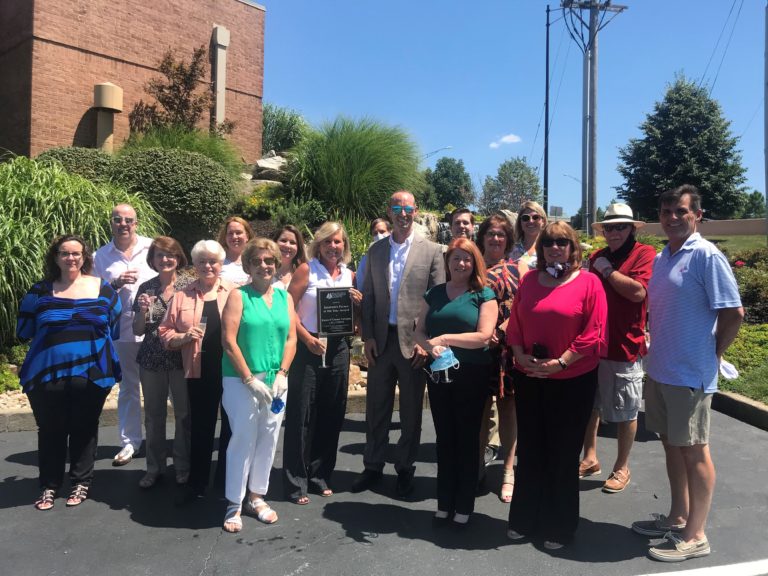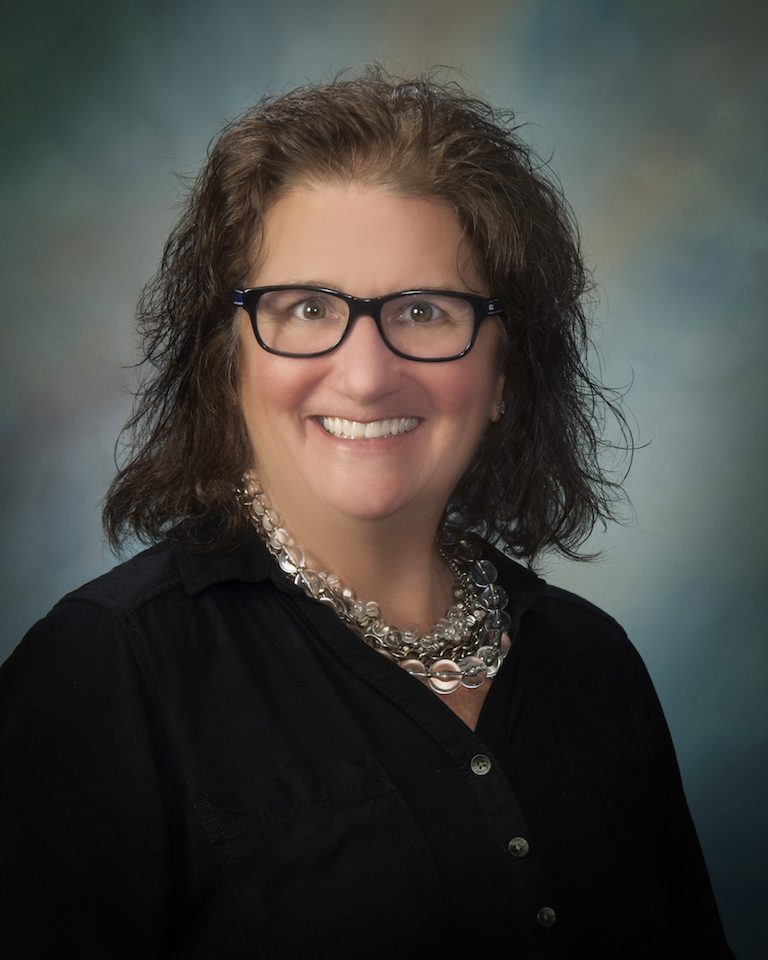Get help to avoid frozen pipes in your apartment or condominium communities from Elizabeth & O’Connor Insurance
Extreme winter weather, in and around St. Louis, hit Condominium associations extremely hard. Absent traveling homeowners during the holidays, left homes unprepared for the record cold and windchills of 20 to 25 below zero. As a result, pipes began bursting,…





